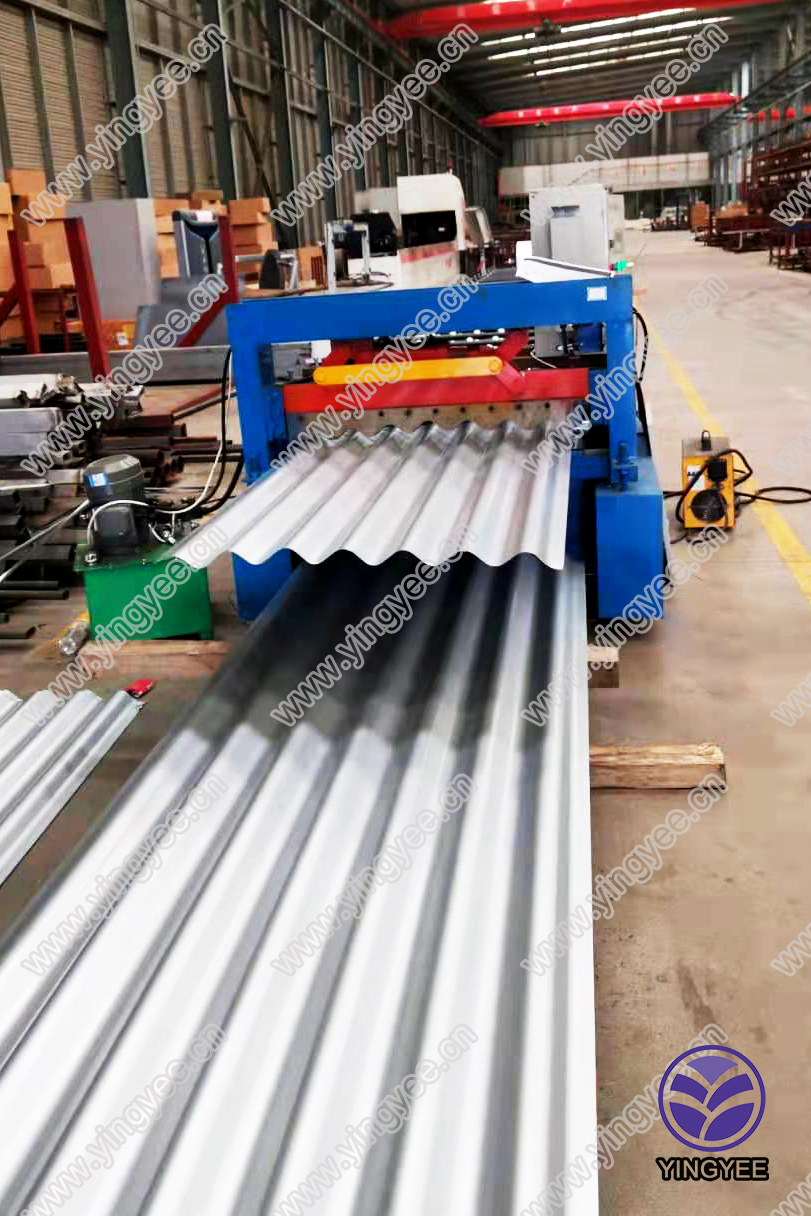
The Evolution and Importance of Wall Angle Making Machines in Drywall Construction
In the ever-evolving field of construction, particularly in drywall installation, the tools and machinery used have seen significant advancements. Among these, the wall angle making machine plays a crucial role. This machinery is especially significant within specialized segments like the manufacturing of gypsum studs and tracks, as well as the overall drywall framework. This article delves into the importance of wall angle making machines, their functionality, and the innovations that drive their efficiency.
Understanding Wall Angle Making Machines
Wall angle making machines are designed to manufacture wall angles that are essential in drywall construction. These angles provide a structural framework to which drywall panels can be attached, ensuring stability and a finished look. The machines themselves are designed for precision, allowing operators to create angles that meet industry standards and specific project needs.
Typically, these machines can produce various dimensions of angles, catering to different configurations utilized in drywall installation. The primary materials used in the process are steel and aluminum, specifically thin-gauge steel, which is lightweight yet durable—ideal for modern building requirements. The versatility of wall angle making machines allows construction companies to customize their products, further enhancing the efficiency of the drywall installation process.
The Importance of Gypsum Studs and Tracks
Gypsum studs and tracks are fundamental components in the framework of drywall assemblies. Known for their fire-resistant properties, these materials are indispensable for creating safe and reliable interior environments. The production of drywall studs is a meticulous process, and this is where wall angle making machines come into the spotlight.
These machines ensure that gypsum studs are produced with the utmost precision, reducing the risk of defects during installation. By using automated machinery, companies can enhance production capabilities and achieve higher quality standards, which is crucial in commercial and residential construction projects.
Technological Innovations Driving Efficiency
Recent developments in technology have led to more sophisticated wall angle making machines. Automation and computer numerical control (CNC) have transformed traditional production lines. With the ability to program specific measurements and configurations, these modern machines reduce human error and increase production speeds.

Moreover, advancements in materials science have led to the development of stronger, more lightweight materials that can be used in combination with wall angles, enhancing the overall performance of drywall systems. This innovation not only supports the structural integrity of buildings but also facilitates easier and quicker installations.
The Environmental Impact and Sustainability
In today's construction landscape, sustainability is a key concern. The manufacturing processes used in wall angle making machines have evolved to incorporate environmentally friendly practices. Recyclable materials, energy-efficient machinery, and waste reduction strategies are becoming mainstream, aligning with global efforts to reduce the carbon footprint of building projects.
By improving the lifecycle of construction materials and promoting sustainable production techniques, manufacturers can contribute to a greener future. As wall angle making machines become more energy-efficient and utilize recycled materials, the environmental impact of drywall construction is significantly minimized.
Future Trends in Wall Angle Manufacturing
Looking ahead, we can anticipate a continuing trend toward automation and smart technology integration in wall angle making machines. Industry 4.0 concepts, including IoT (Internet of Things) and AI (artificial intelligence), are likely to influence production processes in significant ways. These technologies will not only streamline manufacturing but also allow for predictive maintenance, reducing downtime and enhancing productivity.
Additionally, with the push toward modular construction and prefabrication, wall angle making machines will inevitably adapt to meet the changing demands of the industry. The ability to create customized, pre-assembled components will become a vital feature, enabling quicker assembly times on-site.
Conclusion
In conclusion, wall angle making machines are an integral part of drywall construction, facilitating the efficient production of gypsum studs and tracks. As innovations continue to shape the industry, these machines will play an even more prominent role in ensuring that building projects meet modern demands for quality, efficiency, and sustainability. The future of drywall construction is bright, driven by technology and a commitment to excellence in manufacturing practices.